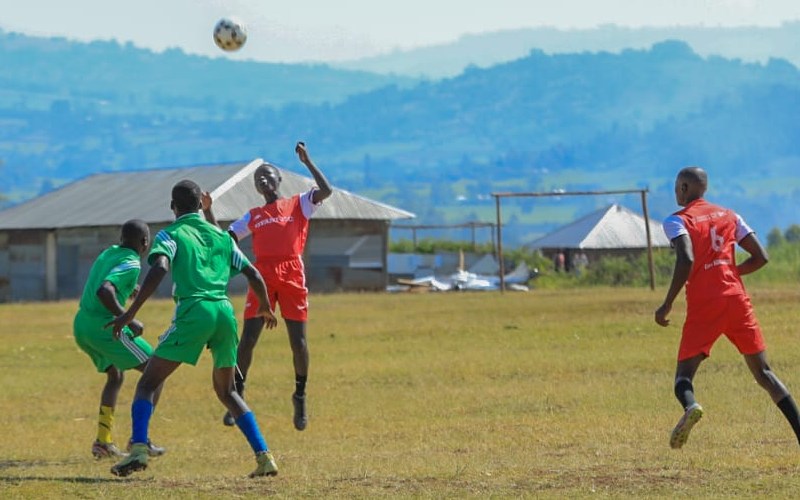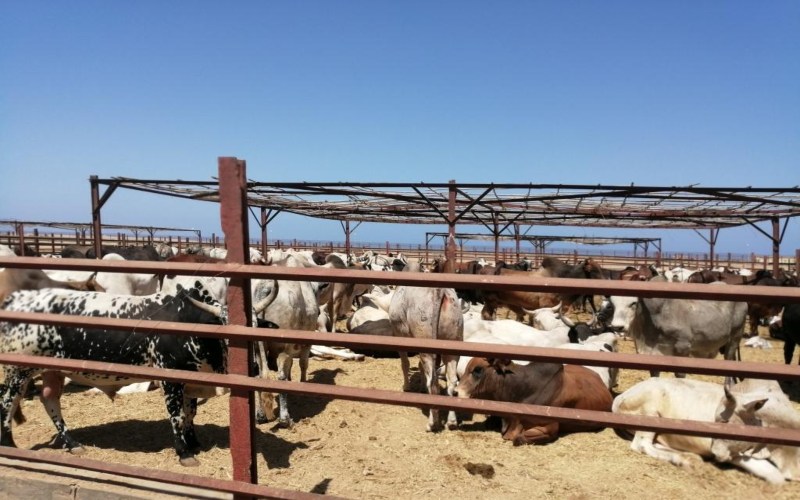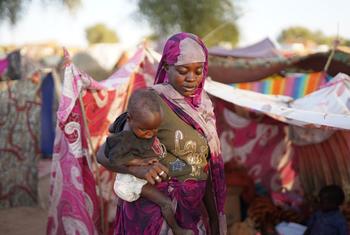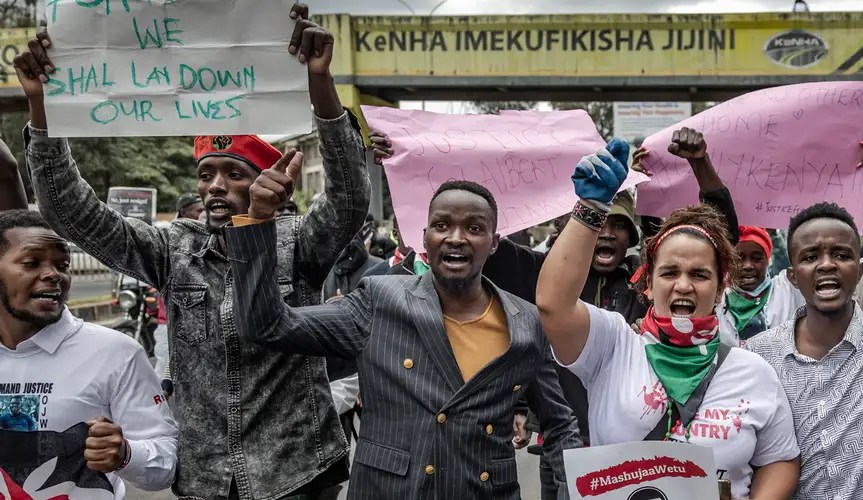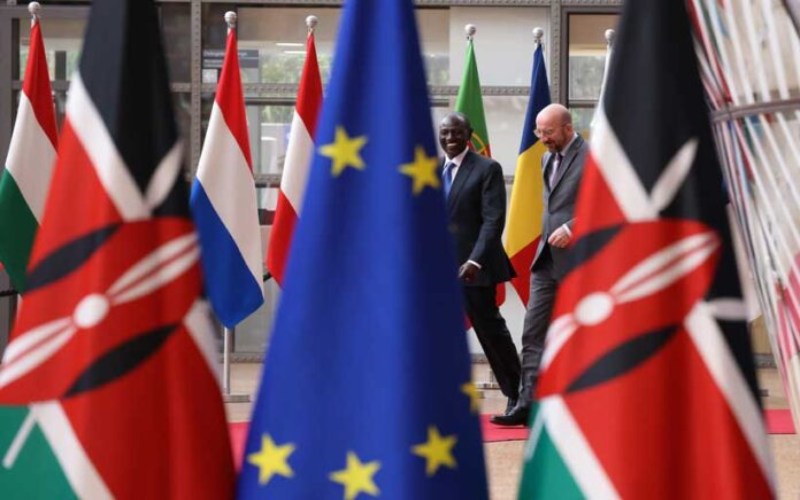KMPDC orders hospital to release detained body, declares practice illegal
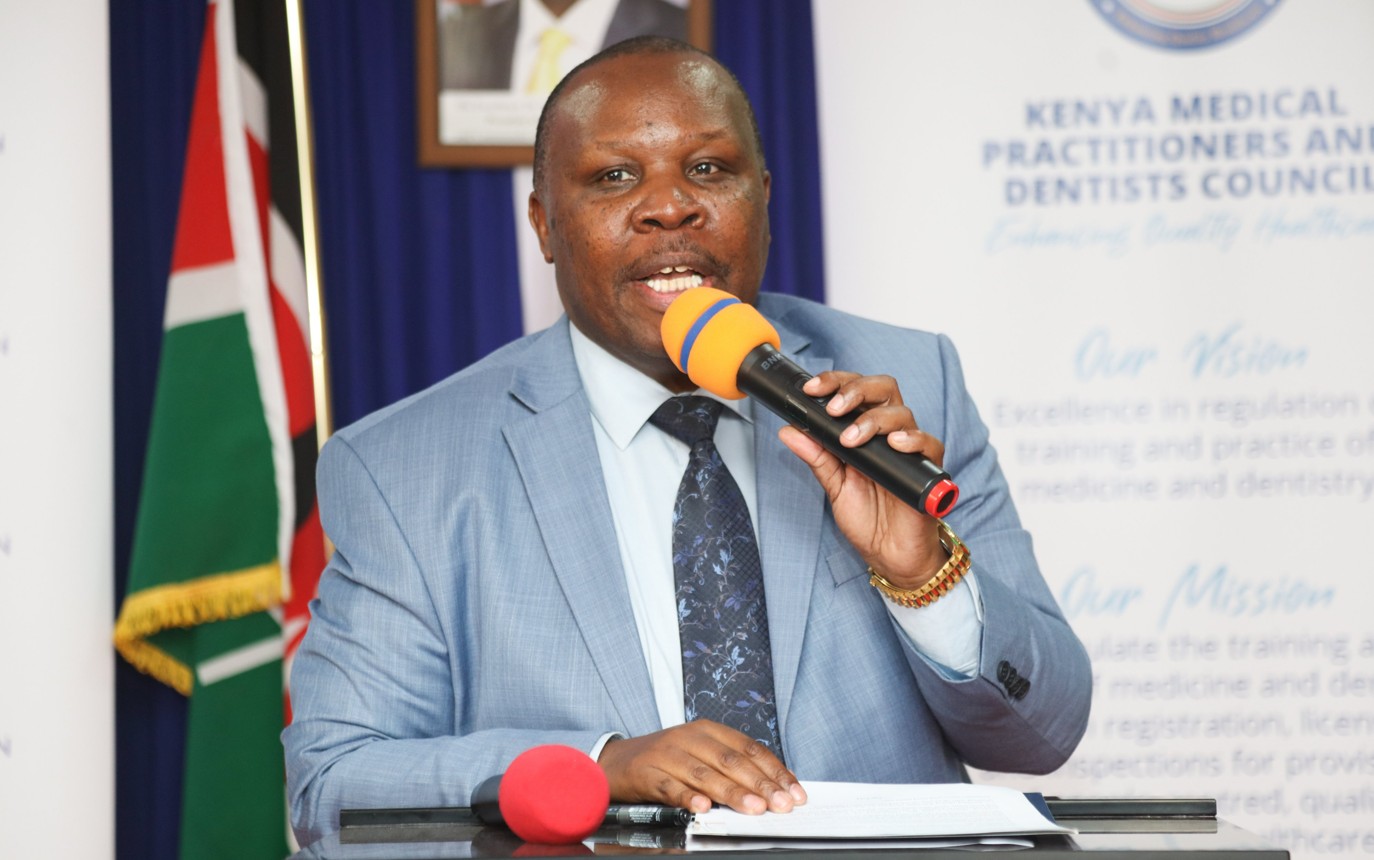
The Council emphasised that hospitals may still pursue unpaid bills through lawful means, but detaining a body as leverage is both illegal and a violation of human dignity.
The Kenya Medical Practitioners and Dentists Council (KMPDC) has ordered a Nairobi hospital to release the body of a woman whose family was unable to pay a Sh1.29 million medical bill.
The regulator warned that detaining bodies to compel payment is illegal and directed the facility to use lawful avenues to recover the debt.
More To Read
- Senate Committee moves to ban detention of patients, bodies over unpaid medical bills
- Study highlights emotional strain among Kenyan nurses
- KMPDC reminds practitioners and health facilities to renew 2026 licences
- Ombudsman’s office suspends CEO, two other senior officials amid gross misconduct allegations
- KMPDC orders hospital, funeral home to release bodies held over unpaid bills
- Counties undermining UHC by redirecting reimbursements, Health Committee says
The decision followed a complaint to the Commission on Administrative Justice (Office of the Ombudsman) by the widower, who said the hospital had refused to release his wife’s body from Chiromo Mortuary until the family cleared the bill.
The Commission immediately opened an inquiry with the Principal Secretary, State Department for Public Health and Professional Standards, citing the urgency of the matter and demanding action within 48 hours.
In its communication, the Commission cited constitutional provisions that protect human dignity and rights, noting that these rights extend even after death.
"Article 19 of our Constitution unequivocally recognises that the purpose of protecting human rights and fundamental freedoms is to preserve the dignity of individuals and communities, promote social justice, and realise the potential of all human beings. These rights belong to every individual: they are not granted by the State and are subject only to the limitations contemplated in the Constitution," the Commission noted.
The Ombudsman also highlighted Article 20(1), which guarantees that every person shall enjoy rights and freedoms to the greatest extent consistent with the nature of the right, and Article 21(1), which places a duty on the State and its organs to observe, respect, protect, promote, and fulfil these rights, especially for vulnerable groups.
The Commission further underscored that the right to dignity continues even after death under Article 28 of the Constitution and drew attention to Section 137 of the Penal Code, which criminalises unlawfully hindering the burial of a dead body.
Legal precedents were also cited, including Norah Masitza Mamadi & Another v. Mombasa Hospital Association, where Justice Azangalala ruled that the remains of a deceased person are not property that can be held as a lien for debt recovery.
Similar rulings by Justice Kiplagat Sergon in Mary Nyang'ayi Nyalgero v. Nairobi Hospital and Ludindi Venant v. Pandya Memorial Hospital reaffirmed that detaining a body for unpaid bills has no legal basis.
Following the inquiry, the KMPDC Chief Executive Officer and Registrar directed the hospital to release the body without delay.
“The position of the law is unequivocal: detaining a deceased body over outstanding bills is illegal. Importantly, releasing the body does not extinguish the hospital's right to recover its debts. You are, therefore, directed to release the body without delay and thereafter pursue alternative lawful means to recover the outstanding amount from the family,” the CEO stated in the letter to the facility.
The Council emphasised that hospitals may still pursue unpaid bills through lawful means, but detaining a body as leverage is both illegal and a violation of human dignity.
Top Stories Today


